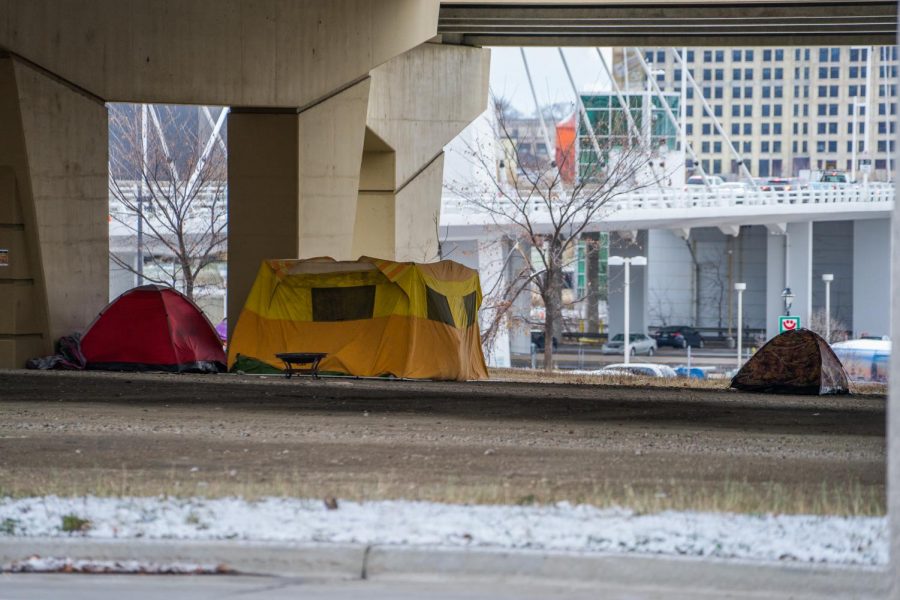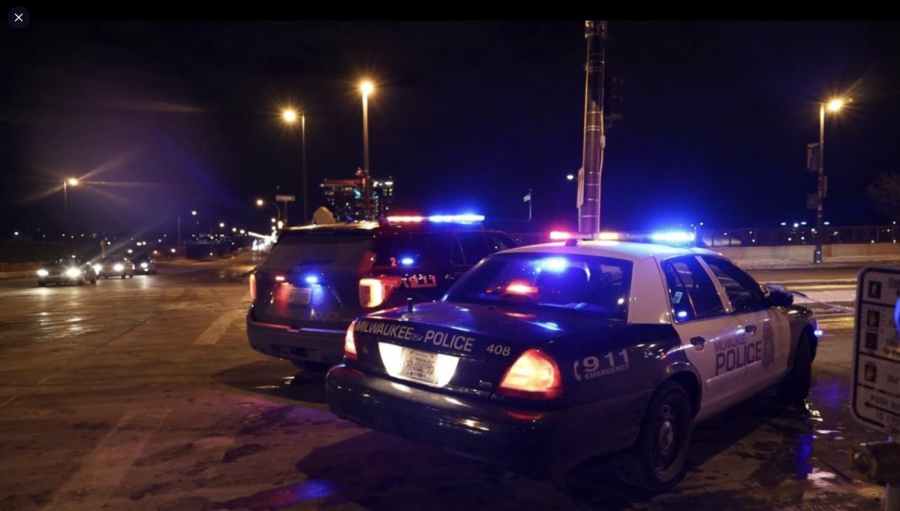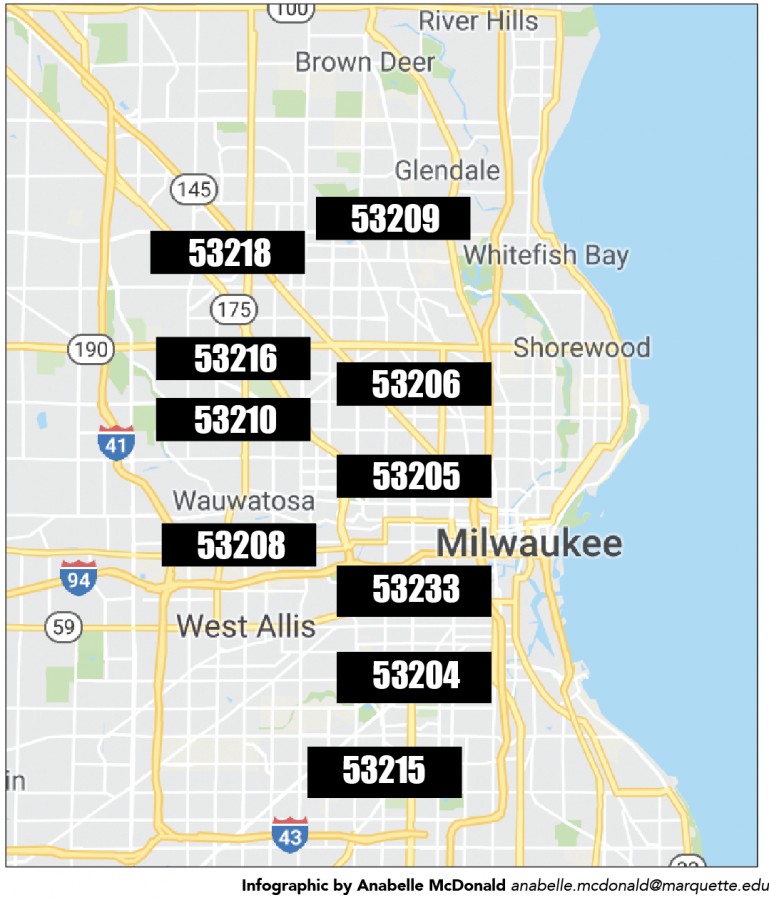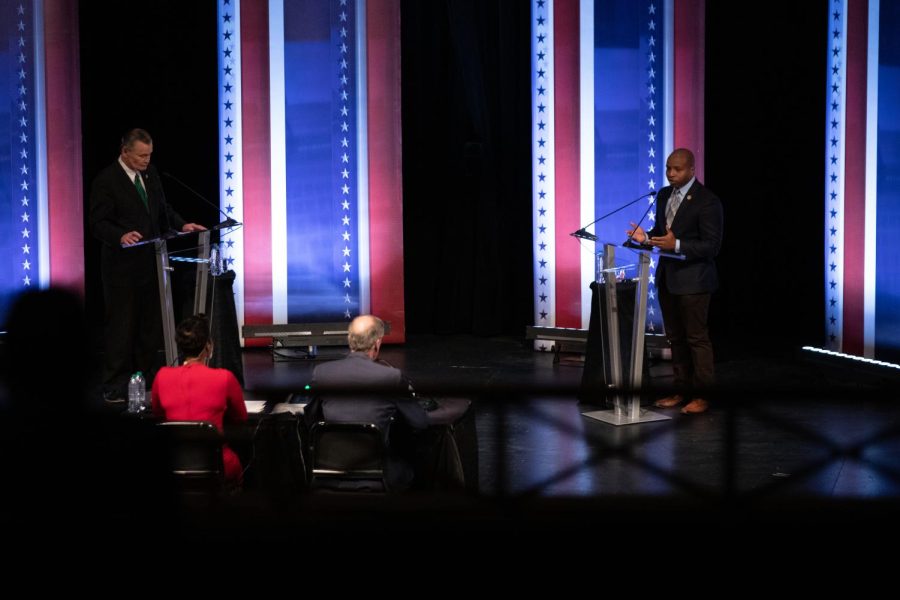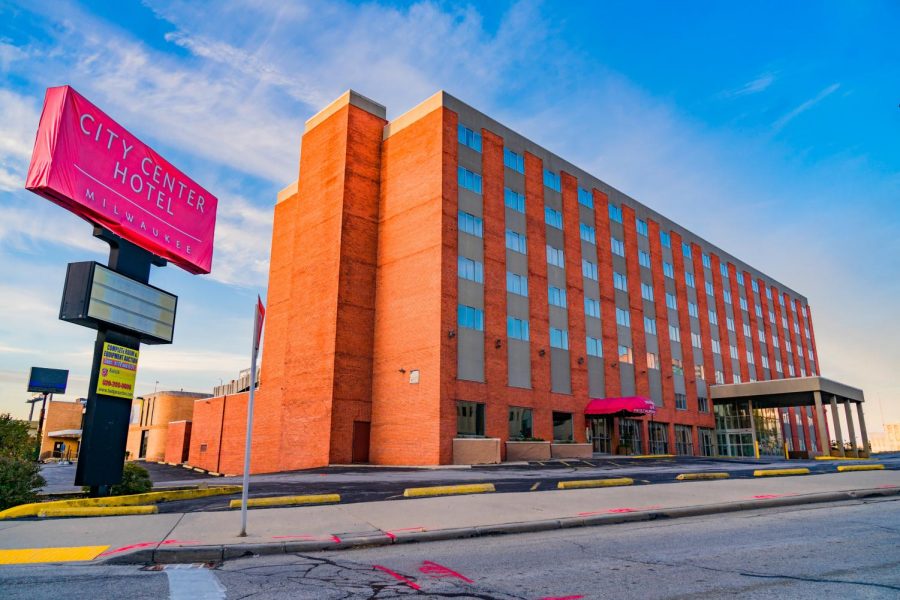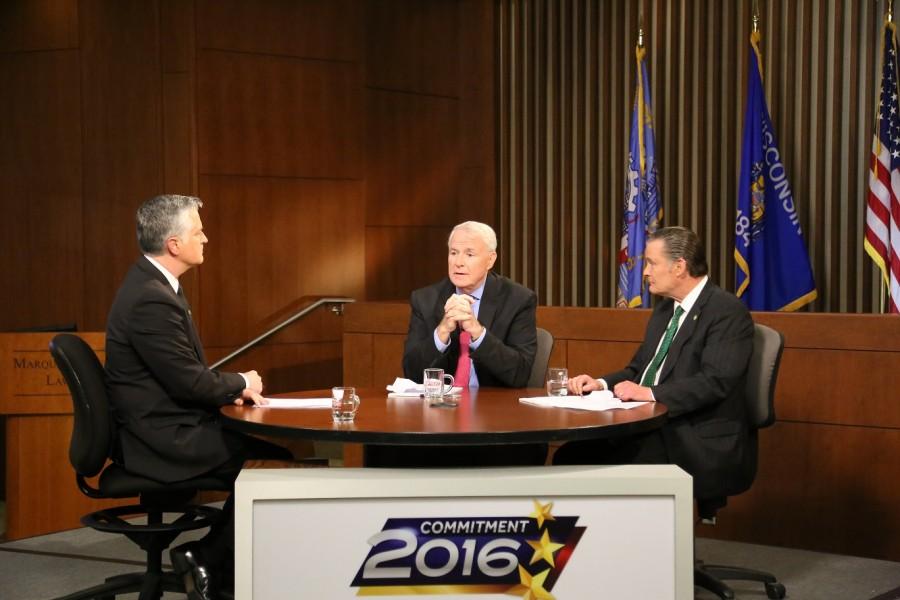During a news conference this past week, Alderman of the 8th District, Bob Donovan called on Marquette University to help address the ongoing homelessness problem in Milwaukee. Donovan’s suggestion was for Marquette to re-open the Ramada Hotel, located on W. Michigan Street, that the university recently purchased. Marquette filed plans with the city in October to demolish the building, but it remains standing. Donovan said the building could be used for a “common good” during the winter to house those experiencing homelessness.
Marquette responded in a statement and said it is not in a position to use its facilities to house nonresidents and assume the many responsibilities that come with operating a shelter. The university said it would continue to work with existing organizations like Midnight Run and Project Homeless Connect, which are university-sponsored programs that seek to help the homeless.
Since its statement, Marquette has received backlash from students. A petition has circulated on Twitter and Facebook urging Marquette to open the hotel for the homeless.
Despite many being angered over Marquette’s decision, the university’s response was understandable. In theory, it is a beneficial idea to use the hotel as a shelter, but in reality, it is not feasible.
Donovan put Marquette in a challenging situation by not discussing the possibility of opening a shelter before publicly announcing a call to action. Without warning, the university was forced to make a statement about a request it was not expecting. If the alderman was sincerely interested in developing a comprehensive plan, he would have reached out to Marquette in advance.
Winter is rapidly approaching and it would be nearly impossible for the university to turn the Ramada into a homeless shelter in time. The building is not in good condition and would need refurbishing before it would be a suitable place for people to live. Not only that, but the hotel is unfurnished. Staff would also need to be hired to look out for the safety of the patrons and the building’s facilities.
Housing the homeless is not as simple as opening the doors of the hotel and allowing people in. A homeless shelter is a business, and Marquette would have to obtain a business license and other necessary paperwork to operate and have on file if it ever wanted to receive donations or government grants. Obtaining a business license and other paperwork can take a couple weeks, according to the State of Wisconsin Department of Revenue.
If the university wanted this to be a nonprofit shelter, there would be several more steps that it would have to take in order to become a nonprofit corporation. These steps include creating bylaws, obtaining a tax ID, applying for federal tax-exempt status and state tax-exempt status.
When Marquette had a housing shortage in 2009 students were put in the Hilton, on W. Wisconsin Avenue, despite the fact that it was more expensive and far from campus. The university needs to have the same standards for housing all individuals whether or not they are students. The homeless population is entitled to housing that is safe and up-to-code and if Marquette is to be responsible for this, it would need to cover all the bases.
Homeless shelters provide much more than just a place to sleep. Those in shelters often need access to food, other necessities and various programs. In keeping with Marquette’s commitment to “cura personalis”, it would be important for the university to include these things within its homeless shelter. Not only this, but opening a homeless shelter without complementary services would be a short-term solution to a long-term problem.
Although it would be very helpful for the city and the homeless population if Marquette could open a shelter, it is simply not possible on such short notice. Marquette is working diligently to still help the homeless and those efforts should continue. If the university were to seriously consider creating a shelter, it would take time and careful planning, not a spur of-the-moment decision.

